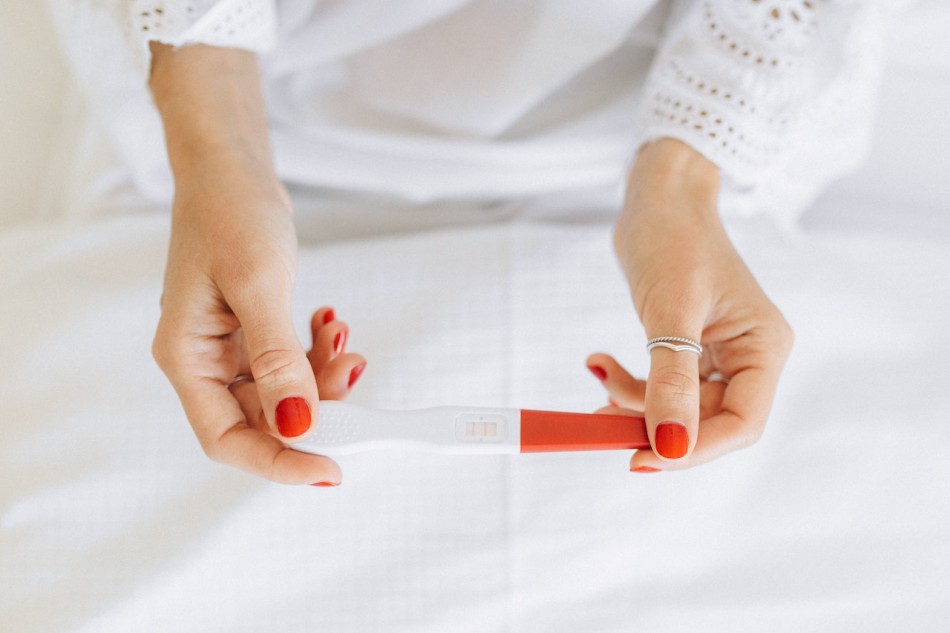Chemical Pregnancy Symptoms, Causes and Treatment: Experts Say Its a Good Sign

Chemical pregnancy may be a term that is unpopular, yet for women who are trying to get pregnant, it is a very common occurrence.
Dr. Lauren Averbuch of the OB-GYN Westside in New York City and a clinical instructor at Mount Sinai Hospital stated that 30 to 50 percent of women have experienced a chemical pregnancy. In fact, half to 75 percent of all miscarriages are identified as chemical pregnancies.
A woman can get a positive pregnancy test and then have negative follow-up tests after a week or two. She may think that she had a false positive pregnancy test, but actually she experienced a chemical pregnancy.
Chemical pregnancy, when simply put, is actually a very early miscarriage, as defined by WebMD, that usually happens before the pregnancy reaches its fifth week.
A good sign
Any woman can go through a chemical pregnancy. However, there are several factors that can increase the risk of another as compared to others such as maternal age, with 35 years old and above having a greater chance of experiencing miscarriage of any kind, thyroid and blood clotting disorders, and other medical issues.
Other probable causes of an early miscarriage includes imbalanced hormones, lack of proper implantation in the uterus, genetic abnormalities in the embryo and low body weight.
To differentiate it from a false positive pregnancy test, symptoms of a chemical pregnancy include a heavier menstrual period and severe menstrual cramping, low hCG levels and absence of the usual pregnancy symptoms such as morning sickness or breast soreness after a positive pregnancy test.
According to the Cleveland Clinic, there is no treatment for chemical pregnancies. In most cases, women who experience go on to have healthy pregnancies. However, if it is a recurring incident, a visit to a fertility specialist is recommended.
Though it happens very early on in one's pregnancy journey, even before a doctor can officially declare one is pregnant or a fetus is formed, since it is a miscarriage, it can still bring a feeling of loss not only to the supposed mother but also to the father. Here is the silver lining though for couples who have been trying yet keep on experiencing chemical pregnancies.
Associate professor of Obstetrics and Gynecology at Northwestern University Feinberg School of Medicine Dr. Maura Quinlan told Business Insider that couples need not be discouraged as "it is a good sign that a pregnancy started." Quinlan says.
A chemical pregnancy is a sign that one can get pregnant and should not stop trying until a successful pregnancy is reached.
Read More: What Is a Chemical Pregnancy: Signs, Symptoms and Causes That Moms Need to Know
How To Get Pregnant After a Chemical Pregnancy
Here are seven tips for getting pregnant after experiencing a chemical pregnancy.
-
Monitor the menstrual cycle to know one's fertile window and ovulation period.
-
Have lots of sex during one's fertile window.
-
Take prenatal vitamins containing 400 micrograms of folic acid.
-
Make sure to have a healthy body weight. Remember that obesity in men lowers fertility.
-
Fix couple's diet as what they consume can impair fertility.
-
Stop smoking and drinking as these can cause fertility issues to both men and women.
-
Visit the doctor to find any underlying issue.
Related Article: Mother's Day and Miscarriage: What to Say to Moms Who Lost a Baby
© 2024 ParentHerald.com All rights reserved. Do not reproduce without permission.
